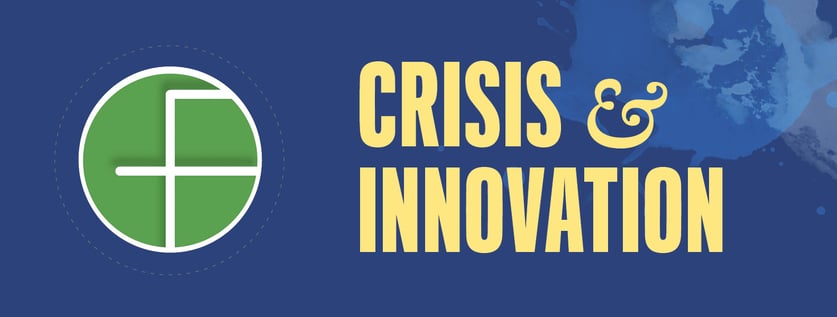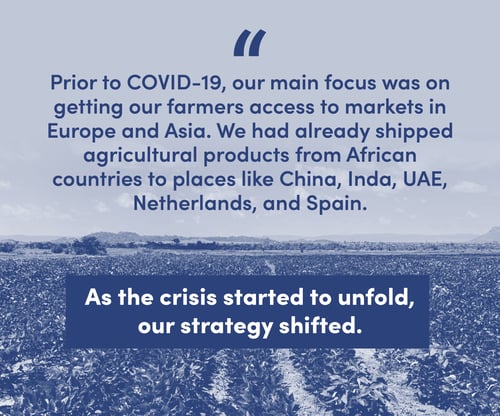
This interview is part of a series about innovative startups in Village Capital's network that are responding creatively to the challenges raised by COVID-19.
By 2050, the world will have approximately 10 billion mouths to feed—up from 7.8 billion today. To feed this growing population, the UN estimates that global agricultural output will need to increase by 50%. If that doesn’t happen, billions across the world will go hungry.
Ghana’s Complete Farmer is trying to help avoid the UN’s doomsday scenario by helping farmers in Africa reach their potential. Complete Farmer operates on two fronts: they use a crowdfunding platform to help anyone, even non-accredited investors, invest in farms in Africa. They also act as a middleman between small farms and bulk agriculture buyers, who agree to buy the products at fair prices.
We spoke with Co-Founder and CEO Desmond Koney to learn more about Complete Farmer and how it has responded to the coronavirus pandemic.
On the importance of agriculture in Africa:
Agriculture in Africa has a massive social and economic footprint. More than 60% of the population of Sub-Saharan Africa are smallholder farmers. More than 20% of Sub-Saharan Africa’s GDP comes from farming. Yet, agriculture is still an untapped resource across the continent. Our mission at Complete Farmer is to make farming across the continent more accessible to both producers and consumers, making Africa a net exporter of agricultural commodities, not importer.
 On their response to food insecurity during the pandemic:
On their response to food insecurity during the pandemic:
Prior to COVID-19, our main focus was on getting our farmers access to markets in Europe and Asia. We had already shipped agricultural products from African countries to places like China, Inda, UAE, Netherlands, and Spain.
As the crisis started to unfold, our strategy shifted. For instance, I was shocked and completely saddened to learn that nearly 60% of people in Yemen are considered food insecure and that NGOs working in the region struggle to get food to communities in the country with the dual challenges of a pandemic and civil war. I reached out to a contact at the World Food Programme (WFP) to see how our farmers in Ghana could help.
That conversation led to a one year pilot with WFP. Our farms in Ghana, with the financial support of everyday people in Europe and Asia, have been able to provide staple crops such as maize, soybeans, and rice to the people of Yemen through the World Food Programme duty free. Our hope is that this one year pilot program will turn into a lasting and sustaining partnership with WFP that can be replicated in other parts of the world.
Our newsletters share the latest about our programs, trends, ecosystem leaders, and innovative entrepreneurs in the impact world. Get the latest insights, right in your inbox by subscribing:
Village Capital needs the contact information you provide to us to contact you about our products and services. You may unsubscribe from these communications at any time. For information on how to unsubscribe, as well as our privacy practices and commitment to protecting your privacy, please review our Privacy Policy.